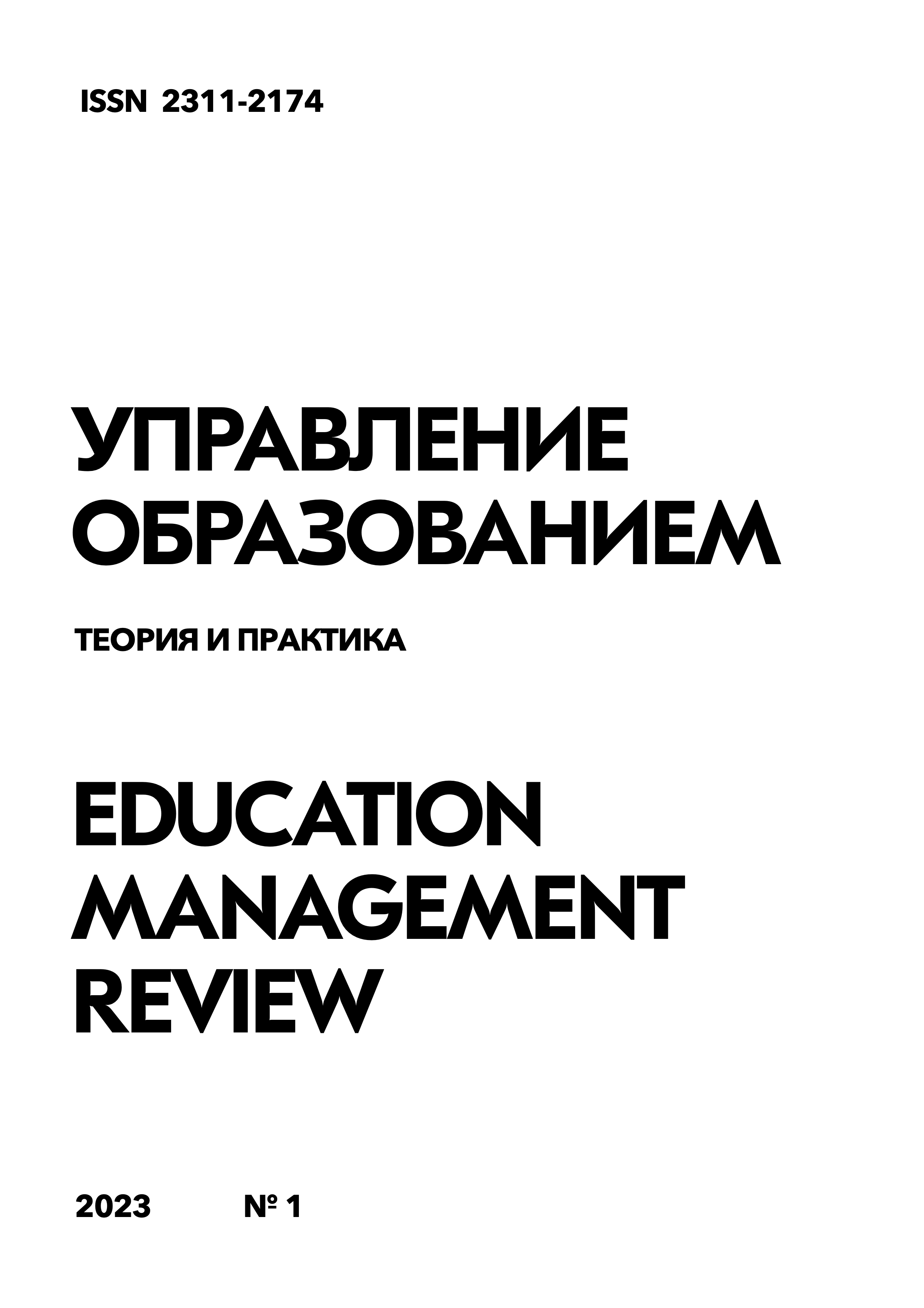Analysis of the structure of development and influence of the Russian music education system
DOI:
https://doi.org/10.25726/n7190-5678-0457-zKeywords:
music education, Russia, traditions, music school, conservatoryAbstract
The International Music Council (IMC) is the world's leading membership-based professional organization dedicated to promoting the value of music in the lives of all peoples. IFC's mission is to develop sustainable music sectors around the world, raise awareness of the value of music, give music meaning in all sectors of society and protect the fundamental rights to music in all countries. IMC is represented by a Regional Music Council in each of the following 5 regions: Africa, America, Asia-Pacific, Europe and the Arab World. All members of the regional group are automatically also IMC members. As a member of the European Music Council (IMC), EMU is therefore also%The most important institutions that should create conditions for the musical socialization of all young members of society are secondary schools. But, in our opinion, on a general scale, the real situation in the field of school music and pedagogical practice in Russia cannot be characterized positively. The musical and educational level of Russian citizens as a whole is not high enough. And this is a consequence not only of global social problems (the dominance of the value of material values in the adult world, the limited process of musical socialization of most children and youth outside of school with low-artistic, and sometimes anti-aesthetic "musical" products, etc.), but also to a large extent the musical and educational deficit at school. Among the negative factors affecting the quality of music education in Russia, we will name the following: disinterest of politicians and officials to this problem, manifested primarily in the extremely insufficient amount of study time allocated to music classes and poor material and technical support; loss of motivation of music teachers to the results of their own activities due to low material interest; overload of teachers due to excessive amount of bureaucratic documentation and lack of study time; conducting music lessons in primary school by primary school teachers. A catastrophic situation is when a primary school teacher himself cannot sing, and sometimes does not have a musical ear, when problems of other subjects are solved at the expense of the time of music lessons, and the like. Such cases are not uncommon in our school due to the still widespread attitude of both students and their parents, as well as teachers of other disciplines and the school administration to musical art as a secondary subject, which does not bring practical benefits in life. It is no secret that along with the increase in interest in fashionable subjects at school – economics, logic, foreign languages, computer science, etc. – the block of aesthetic disciplines is practically pushed into the background.
References
Бобылева Н.И., Соколова С.В. Государственное музыкальное строительство // Вестник Государственного гуманитарно-технологического университета. 2018. №1. С. 5-11.
Варавина Л.В. Особенности организации научно-исследовательской деятельности исполнителей-инструменталистов в музыкальных вузах Франции и России // Общество: социология, психология, педагогика. 2022. №1. С. 151-171.
Горбунова И.Б., Заливадный М.С. О применении вероятностно-статистических методов в изучении закономерностей музыки и музыкально-педагогических исследованиях // Проблемы музыкальной науки. 2022. №1. С. 35-49.
Карасева М. О социокультурных особенностях российского музыкального образования: заметки педагога // Традиции и перспективы искусства как феномена культуры. 2018. С. 77-93.
Кудрявцева В.В. Музыкально-педагогическое образование в России второй половины XIX – первой половины XX вв.: историко-педагогический анализ // ЦИТИСЭ. 2020. №4. С. 520-528.
Показанник Е.В. Интеграция российского музыкального образования в Болонскую систему: первые итоги // Современные технологии в образовании на примере творческого вуза. 2016. С. 28-41.
Сизова Е.Р. К вопросу об организационно-педагогических основах российской системы музыкального образования // Мир науки, культуры и образования. 2021. №5. С. 49-51.
Сизова Е.Р. Прошлое и настоящее музыкального образования в России: новое или хорошо забытое старое? // Образование в сфере искусства. 2019. №1. С. 9-14.
Стачинский В.И. Теоретико-методологические принципы комплексной диагностики сформированности профессионального мировоззрения у будущих концертных исполнителей, обучающихся в учреждениях системы российского высшего музыкального образования // Проблемы современного педагогического образования. 2022. №74. С.242-246.
Тереханова К.Ю. Российская музыкальная школа 100 лет назад: из истории становления системы отечественного музыкального образования в первое десятилетие после Октябрьской революции 1917 года // Музыка в системе культуры: научный вестник Уральской консерватории. 2022. №30. С. 98-106.




